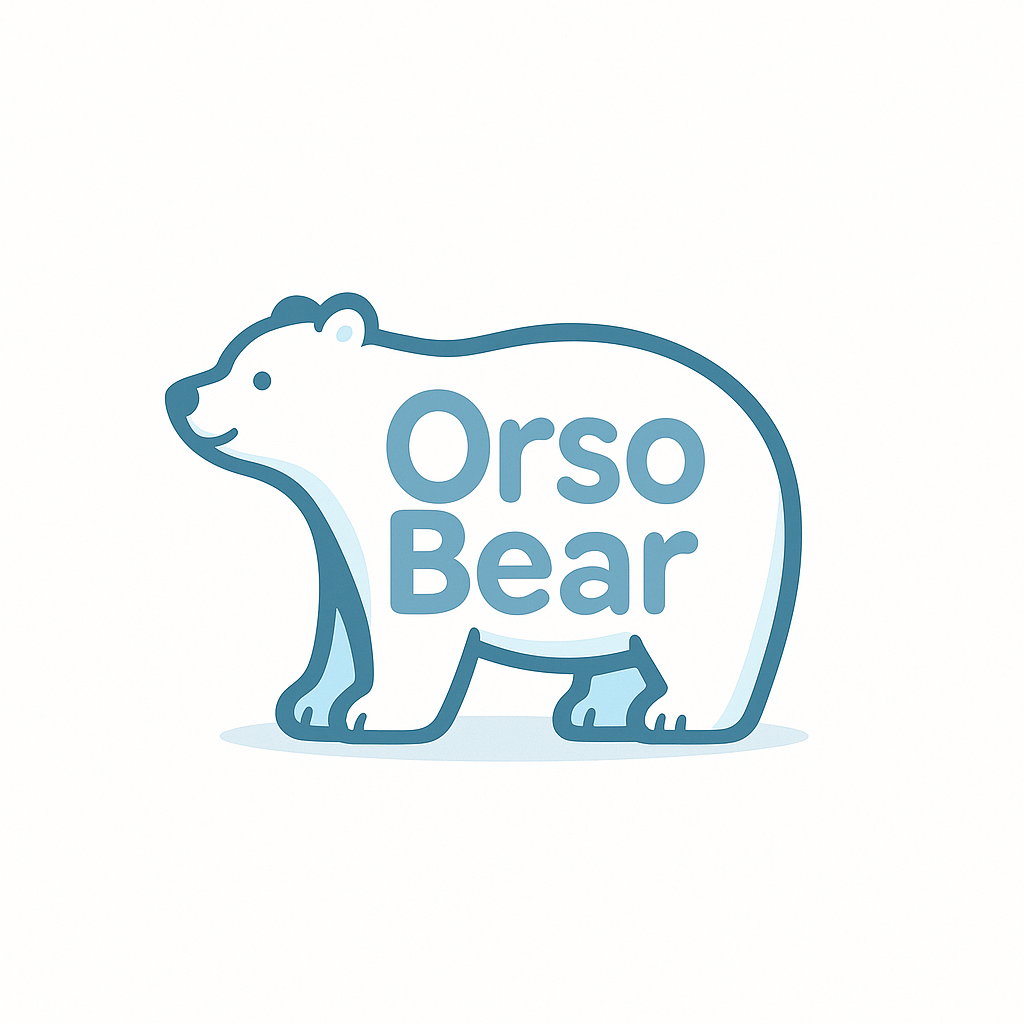Introduction
Ever tried conversing with Siri, Google Assistant, or Alexa? If yes, then you’ve interacted with Natural Language Processing (NLP), an AI technology that allows computers to comprehend, interact, and respond in human languages. This technology is making significant strides in various industries, from healthcare to marketing to customer service, and it’s only just getting started. As a small business owner, it’s essential to keep an eye on how this technology is evolving so you can leverage it to stay ahead of the competition. Welcome to the future of Natural Language Processing.
What is Natural Language Processing?
Natural Language Processing is a subset of artificial intelligence that helps computers understand, interpret, and use human language. It combines computational linguistics with machine learning and deep learning models to enable machines to understand how humans speak and write. This technology can break down sentences into smaller components, understand contexts, make decisions, and even learn from past mistakes.
For instance, NLP powers the chatbots that can answer customer queries 24/7 on your website, or the email filters that can distinguish between spam and important business correspondences. But these examples barely scratch the surface of NLP’s full potential.
Current Applications of NLP
NLP is already transforming various industries. In healthcare, NLP algorithms are helping doctors analyze medical records, predict diseases, and even assist in surgeries. For example, Google’s DeepMind AI used NLP to predict a patient’s deterioration up to 48 hours before it happened, potentially saving countless lives.
In marketing and customer service, NLP-powered chatbots are providing personalized customer experiences, answering queries, and even upselling products. A case in point is the beauty brand Sephora, which uses a chatbot to give personalized product recommendations based on customers’ answers to a series of questions.
The Future of Natural Language Processing
As we move forward, NLP is set to become even more sophisticated and pervasive. Here are a few trends to watch out for.
Improved Machine Translation
Machine translation has come a long way from the gobbledygook it used to produce. Today’s NLP algorithms can understand context, idioms, and cultural nuances, resulting in more accurate translations. In the future, expect NLP to break down language barriers completely, allowing businesses to communicate seamlessly with customers and partners worldwide.
Emotion AI
Soon, NLP algorithms will not just understand what we’re saying, but also how we’re saying it. They’ll be able to pick up on emotional cues in our voices and text, enabling more empathetic customer service bots and more sophisticated sentiment analysis tools.
Real-time Speech Recognition
Speech recognition technology is improving rapidly, and soon, we might see real-time transcription and translation services that can keep up with live conversations. This could revolutionize industries like education, where lectures could be translated on the fly for international students, or law, where court proceedings could be transcribed instantly.
Implications for Small Businesses
For small businesses, these advancements in NLP could mean a host of opportunities. Improved machine translation could help you expand your customer base globally, while emotion AI could help you understand your customers better and provide more personalized service. Real-time speech recognition could make your operations more efficient, saving you time and money.
Moreover, as NLP technology becomes more accessible, it’s likely that small businesses would be able to leverage it without needing extensive resources or technical expertise. For instance, there are already NLP-powered tools that can help you analyze customer sentiment, improve your SEO, or automate customer service, all at a relatively low cost.
Conclusion
The future of Natural Language Processing is exciting, and it’s closer than you might think. As a small business owner, it’s important to stay informed about these developments and consider how you might incorporate NLP into your business strategy. Remember, technology is just a tool—it’s how you use it that will set you apart from the competition.
